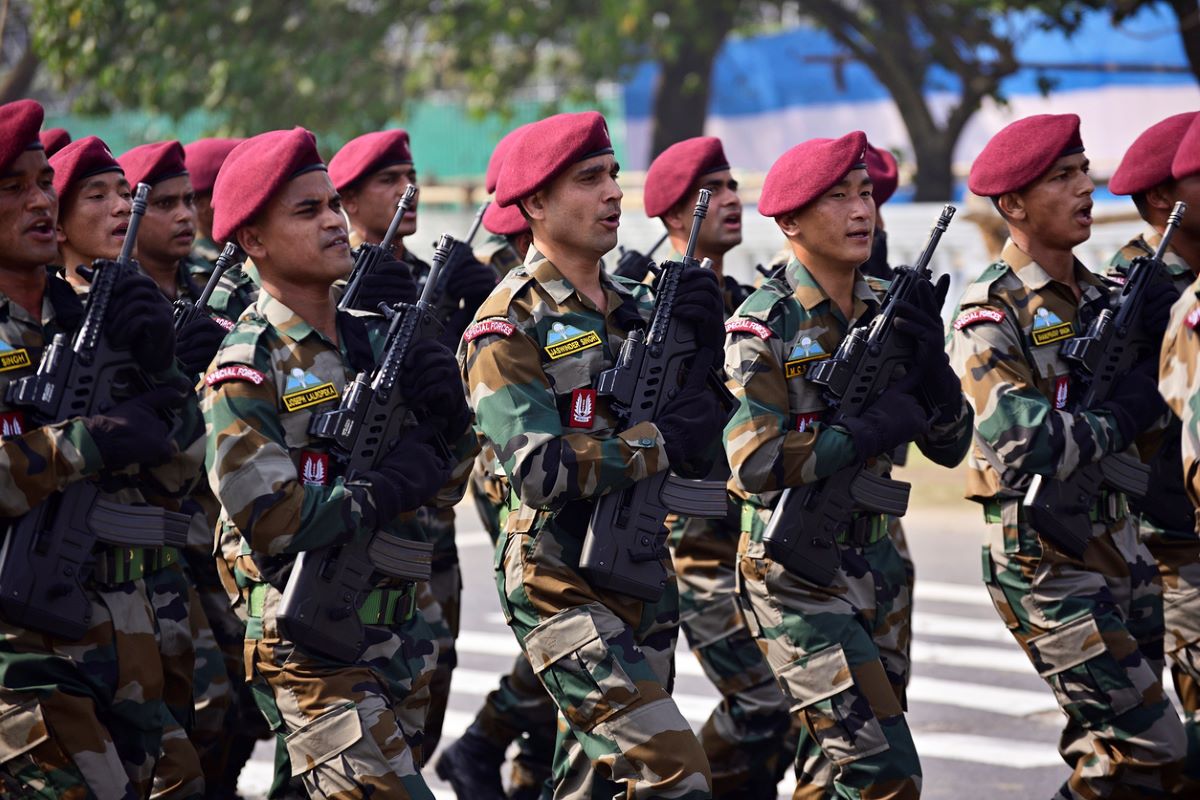The recent attacks on oil storage facilities in the UAE and on a synagogue in the USA indicate that despite all precautions, employment of technology and weapon systems, terrorist attacks continue unabated.
Retaliation by the UAE and Saudi Arabia in Yemen in the first case, and by the US, Israel and other nations on terrorist groups, their leaders, and bases, only slows terrorist strikes but fails to stop them. Employing technology and the cyber space, terrorists have been able to motivate lone-wolf attackers as also enable production of homemade destructive devices, adding to concerns. While homegrown terrorism is an internal concern, curbing transnational terrorism backed by nationstates has yet to be seriously addressed. This is mainly because the UN has failed to define a terrorist.
Advertisement
The common misperception is ‘one man’s terrorist is another’s freedom fighter.’ The Indian permanent representative to the UN, Ambassador T S Tirumurti, requested the international community to refrain from adopting a ‘my terrorist’ versus ‘your terrorist’ approach and combat the misuse of emerging technologies for terrorism.
Many nations employ proxies to target adversaries as attacks from Yemen and Lebanon have displayed. Currently, no part of the globe is safe, with the cancer of terrorism spreading rapidly. Nations sponsor terrorist groups with impunity. Expanding power of Boko Haram and other terrorist groups in Africa remains unchecked as nations in the continent lack resources to challenge the growing power of these groups. Global organisations discuss and issue statements but have failed to act in unison.
The UN, EU etc have created multiple organs to challenge terrorism but with no clear definition, they remain ineffective. FATF has been only partially effective. Placing Iran on the blacklist for years has had little impact on its support to proxies. For countries on the Grey List, there is limited financial impact hence they ignore FATF demands or put into place rules which will never be implemented.
Terrorist groups operating in Africa, Afghanistan or the Middle East can never be impacted by global bodies as they are not states. Even Interpol has failed to make any headway as terrorist leaders rarely leave their home base. Further, in transnational terrorism, supporting countries will never hand over terrorist leaders, despite proof of their presence. Pakistan is a case in point, where the highest number of UNSC proscribed terrorist groups and leaders reside as state guests.
Terrorist groups are only targeted when they are a threat to global powers or operate from militarily weak countries. Attacks on Gaza, Somalia, Iraq, Libya and Yemen bear merit. Proactive military actions have on occasions led to loss of innocent lives as terrorists use local populations as shields. Israel striking Hamas in Gaza, US striking in Somalia or Afghanistan or Saudis hitting terrorist groups in Yemen are examples of the strong hitting the weak with resultant innocent deaths.
Post such strikes, terrorist groups rapidly recoup, and are back to business. Hence, nations have preferred a defensive approach seeking to seal themselves from terrorist strikes. The US homeland security department in a paper proudly stated, “We have denied them entry, stopping them at our border or even before they reach it.” Powerful nations have been successful while weaker countries in Africa struggle to stall terrorist assaults. Kidnapping of children to convert them into Boko Haram cadres in Nigeria and Uganda continues, with only words of criticism flowing from the global community. Defensive measures are effective but never fool proof.
Within the developed world, it is every nation for itself, cooperation between them is limited. Internally, the stricter the measures to curb terrorist activities the more is the alienation of the local population. Terrorists will always have sympathisers and merge with the local populace. Defensive measures are also financially draining. Nature of threats change with improving technology; hence security agencies need to be one step ahead. The availability of drones to replenish terrorists as also as a weapon has altered the nature of threats across the world.
A major global fear remains one of terrorists obtaining weapons of mass destruction. In March 2021, the Chairperson of the UNSC 1540 Committee, which deals with proliferation of weapons of mass destruction, noted that possibility of “non-State actors acquiring weapons of mass destruction, including the spread of deadly pathogens,” is a matter of concern.
A failed terrorist strike will not impact the terrorist; however, government failure in preventing it can be disastrous. The terrorist chooses his place, time, and target, while security agencies have to be on the ball always. They simply cannot afford to fail. Simply put, all cards are in terrorists’ hands. The terrorist needs just one success. Defensive measures also include engaging terrorists or their handlers. None of them are indispensable. Eliminating the cadre or even local leaders is eliminating expendables. This is true in Kashmir where days after eliminating a group of terrorists or a group leader fresh infiltrations are attempted, or locals enticed to join.
New leaders are nominated within a day. Unless the apex leadership is eliminated threats do not end. Defensive measures, as adopted by most nations, will stall or stem terrorist attacks but neither prevent them nor make the world safer. Nations which support terrorism are a part and parcel of global organisations aimed at eradicating terrorism. This reduces the impact these institutions can have.
Terrorists flourish in nations where governance is weak and there are internal rifts. Yemen, Libya, Iraq, Syria, Afghanistan, Somalia, Mozambique etc are examples. Neither Libya under Ghaddafi nor Iraq under Saddam were terrorist nations, though they backed terrorist groups elsewhere. It is also an established fact that anti-terrorism cooperation has been better between nations which are allies, rather than global bodies. India-Israel, India-US and India-EU have close anti-terrorism cooperation. These alliances need to be given greater consideration.
In case terrorism is to be stemmed, the priority should be to strengthen weak nations enabling them to handle internal strife. Use of proxies must be discouraged on the global stage. State sponsors of terrorism should face severe financial pressure. Terrorist bases should be struck despite risk of escalation. Unless like-minded nations cooperate the scourge of terrorism will never end.
(The writer is a retired Major-General of the Indian Army)











